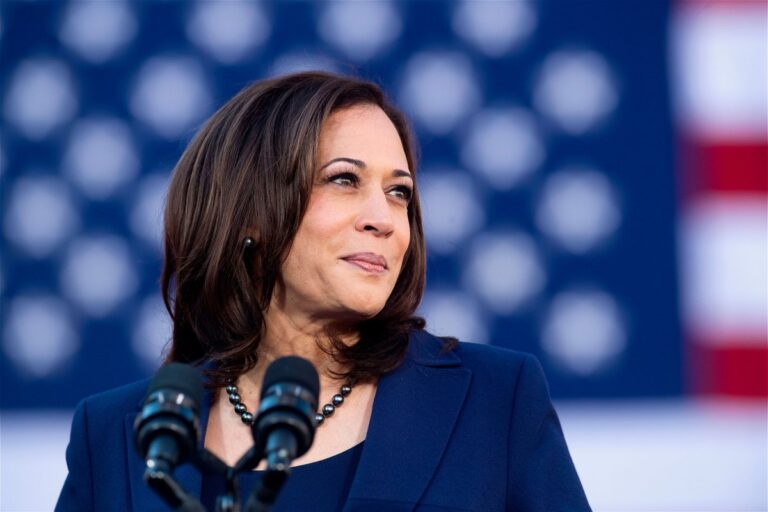With President Joe Biden dropping out of the race, Vice President Kamala Harris could become the Democratic Party’s new nominee.
In announcing his plans, Biden said he “fully endorses and supports Kamala to be this year’s party’s nominee.” Harris said Her “intent is to prevail and secure this nomination,” though it is unclear whether other Democratic politicians will challenge her at an open convention or through some other selection process.
If Harris is elected, Democrats would gain a presidential candidate with Bay Area roots (she was born in Oakland) and long ties to the tech industry (Donald Trump’s running mate, J.D. Vance, also has deep ties to Silicon Valley). She served as San Francisco’s district attorney and then California’s attorney general before being elected to the Senate in 2016.
Venture capitalists such as John Doerr and Ron Conway were early supporters of hers, and as a presidential candidate she was quickly endorsed by LinkedIn co-founder Reid Hoffman. Other industry figures, such as Netflix co-founder Reed Hastings, have taken a more cautious stance and called for a more open competition.
Some industry critics have complained that as attorney general, Harris didn’t do enough to rein in Big Tech’s growing power. During the 2020 presidential election, when rival Elizabeth Warren called for breaking up Big Tech, Harris was asked whether companies like Amazon, Google and Facebook should be broken up. She argued instead for privacy regulation.
At the same time, she has criticized tech CEOs and called for stronger regulation: As a senator, she pressed major social networks to stop spreading misinformation, and during the 2016 presidential campaign, she told The New York Times that “tech companies need to be regulated in a way that gives American consumers confidence that their privacy is not being violated.”
Vice President Harris also spoke about the possibility of regulating AI, saying she and President Biden “reject the false choice that requires us to choose between protecting our citizens and promoting innovation.”
Biden has issued an executive order calling on companies to set new standards for AI development, and Harris said, “These voluntary efforts are a first step toward a safer AI future, and there will be more to come. Because history has shown us that without regulation and strong government oversight, some technology companies choose to put profits above the well-being of their customers, the safety of our communities, and the stability of our democracy.”
Venture capitalists Marc Andreessen and Ben Horowitz recently cited concerns that a Biden administration would “over-regulate” AI as one of the reasons they support Donald Trump.
On another key issue, a recent bill to ban TikTok if parent company ByteDance does not sell the app, Harris said, “We need to negotiate with the owners, and we have national security concerns about who owns TikTok, but we’re not going to ban TikTok.”
Harris has not spoken much about cryptocurrency issues so far, but she will likely support the Biden administration’s cryptocurrency regulations.


